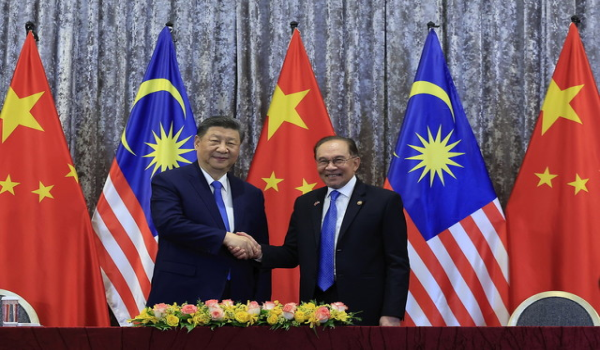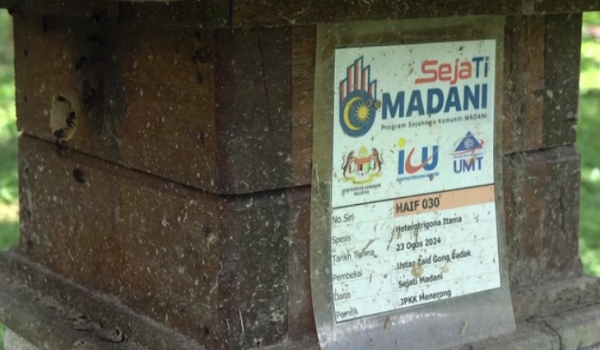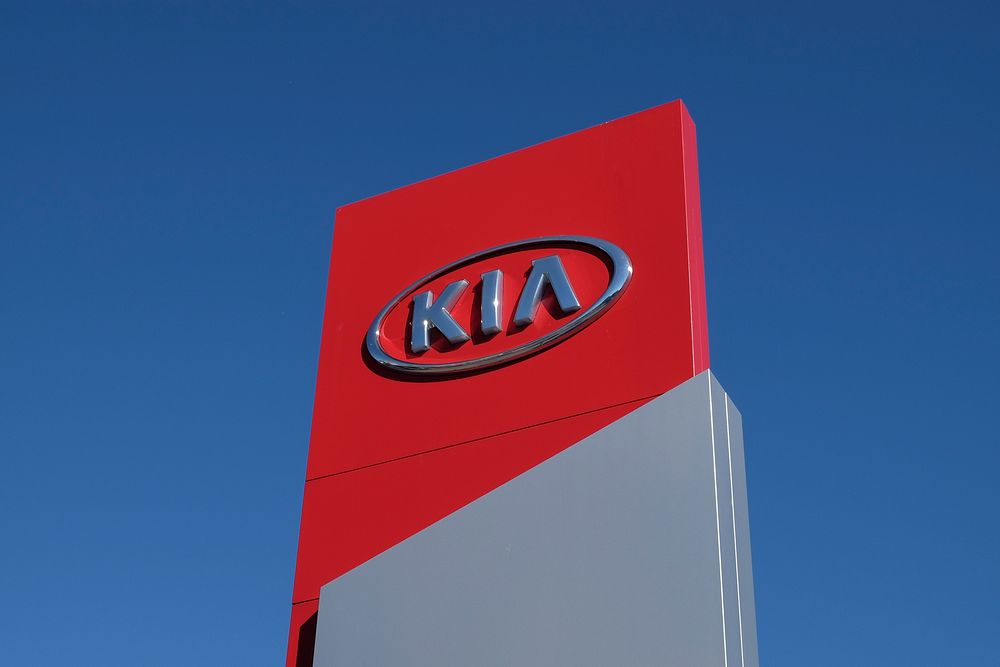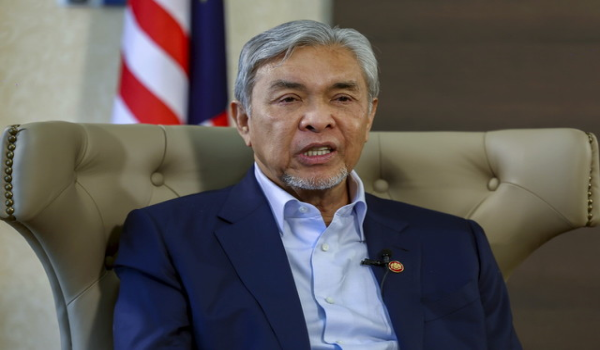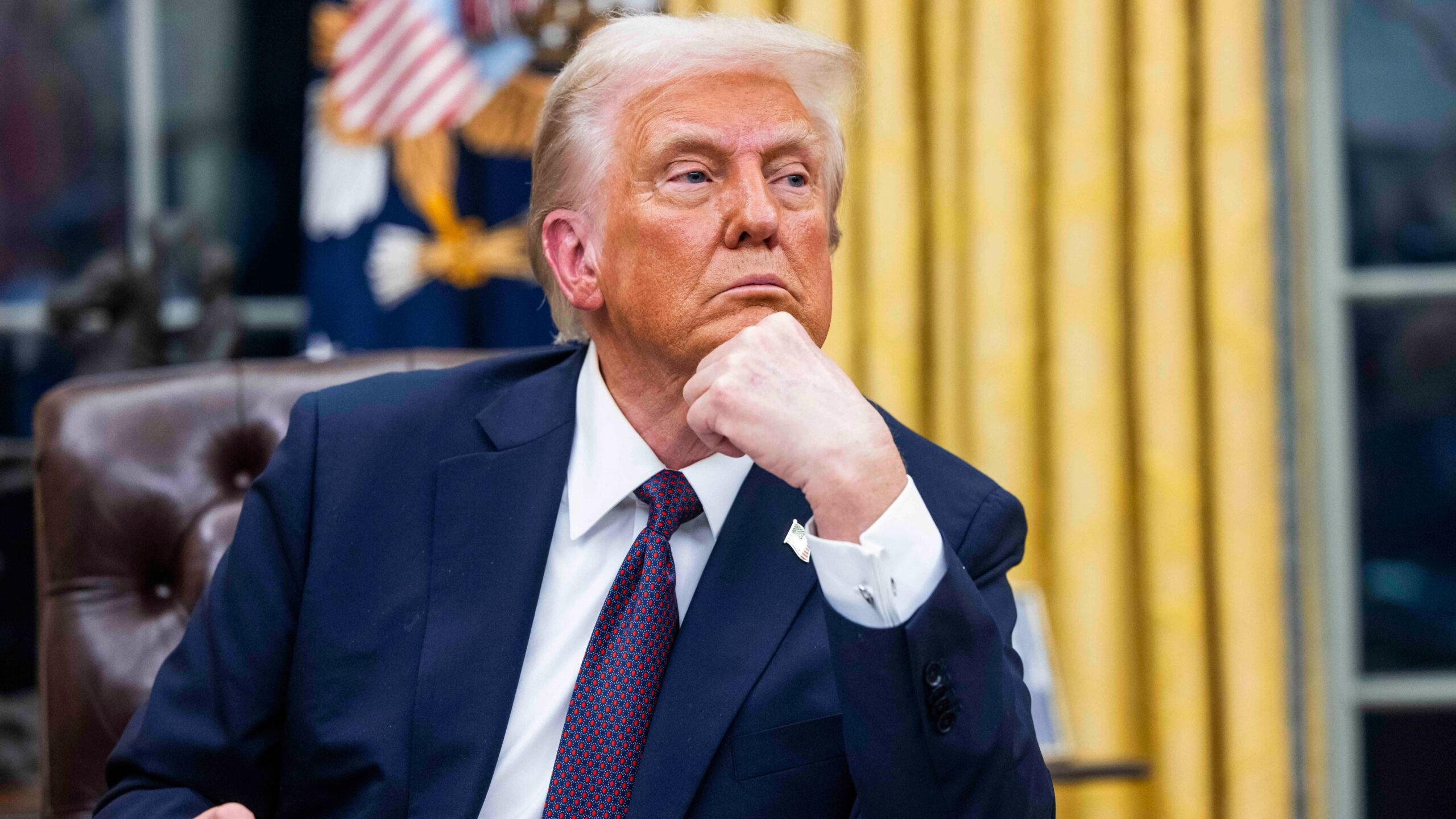In response to British Steel’s collapse, the UK government has passed an emergency law to nationalise it. This decision follows shocking news reports that the steel giant’s Chinese owner, Jingye, was going to close all of the company’s blast furnaces. British Steel just turned down a £500 million public funding offer. This decision was taken in order to keep the Scunthorpe site open.
What led the government to intervene was the recent revelation that Jingye didn’t actually intend to continue running the furnaces even with enough money to support their legacy. British Steel asked for more than double the proposed sum, with little guarantee that it would maintain plant activity. Business Secretary Jonathan Reynolds highlighted the sensitivity of the steel sector, underscoring the critical need for reliable supply chains in this industry.
Raw Materials and the Fight for Steel Production
On Tuesday, some of the first key raw materials vital to the continuing operation of British Steel’s blast furnaces arrived in Norfolkline containers at Immingham docks. Coking coal and iron ore from the United States were delivered directly to the Scunthorpe location. At the same time, another shipment from Australia was on its way back to the UK after an ownership dispute over the cargo between the government and Jingye was litigated to return.
The down side is that the government has ruled out full nationalization of British Steel – but not completely ruling it out. British Steel, for instance, just got planning permission to install new electric arc furnaces. This action is notable as it represents the first time they have moved to a flex production technology. Reynolds noted that this modernization will result in a “new, different employment footprint.” This would mean that the company should expect changes in the types and numbers of jobs it can support.
“Steel is a sensitive sector around the world and a lot of the issues in the global economy with steel come from over-production and dumping of steel products, and that does come from China.” – Jonathan Reynolds
The Urgency of Government Intervention
The government’s proactive measures come amid fears that if the blast furnaces are starved of fuel and cease operations, the UK would lose its ability to produce virgin steel. Virgin steel-making begins with mining iron from its natural deposits. Then, after forging and refining a sense of stewardship, using that iron to tackle big lifts in infrastructure and building.
Reynolds did note the urgency and necessity of the actions taken. He raised issues related to Jingye’s failure to act in the national interest of the UK. He stated, “I was keen to stress the action we’ve taken here was to step in, because it was one specific company that I thought wasn’t acting in the UK’s national interest.”
Sarah Jones, a member of the business department’s communication team, declared herself gutted. She believed that British Steel had acted wrongly in refusing to accept what she regarded as a reasonable offer. She noted, “We were working in good faith on what we thought was a good deal on the table,” but acknowledged that negotiations deteriorated when Jingye refused to procure essential raw materials needed to sustain operations at the site.
“That relationship broke down when, in the middle of a consultation about the future of the site, they refused to buy the raw materials to keep that site going. That was an act of bad faith and that’s why we had to intervene in the way that we did.” – Sarah Jones
The feds’ decision to intervene is consistent with their very careful consideration of foreign direct investments in politically sensitive areas such as steel. Reynolds emphasized that any deal involving a Chinese company, for example, would be put under a microscope. This is partially a function of the complexities of China’s steel industry and its impact on global markets.
“I think you would look at a Chinese firm in a different way.” – Jonathan Reynolds
While the situation remains fluid, the UK government has reiterated its commitment to ensuring a stable future for British Steel and its workforce. New access to crucial raw materials has led to expectations of a newly revitalized UK steel sector. Plans for greener production methods are even headed through the pipeline to help facilitate this transformation.
What The Author Thinks
The UK government’s swift intervention to safeguard British Steel is a necessary response to prevent the collapse of a crucial industry. By taking control of the situation and securing vital raw materials, the government has shown that it is willing to protect the national interest. However, the involvement of foreign entities like Jingye in sensitive sectors like steel highlights the need for careful scrutiny and stronger regulations in the future. Moving forward, it is essential to ensure that the interests of the UK workforce and its economy are prioritized over short-term foreign investments.


